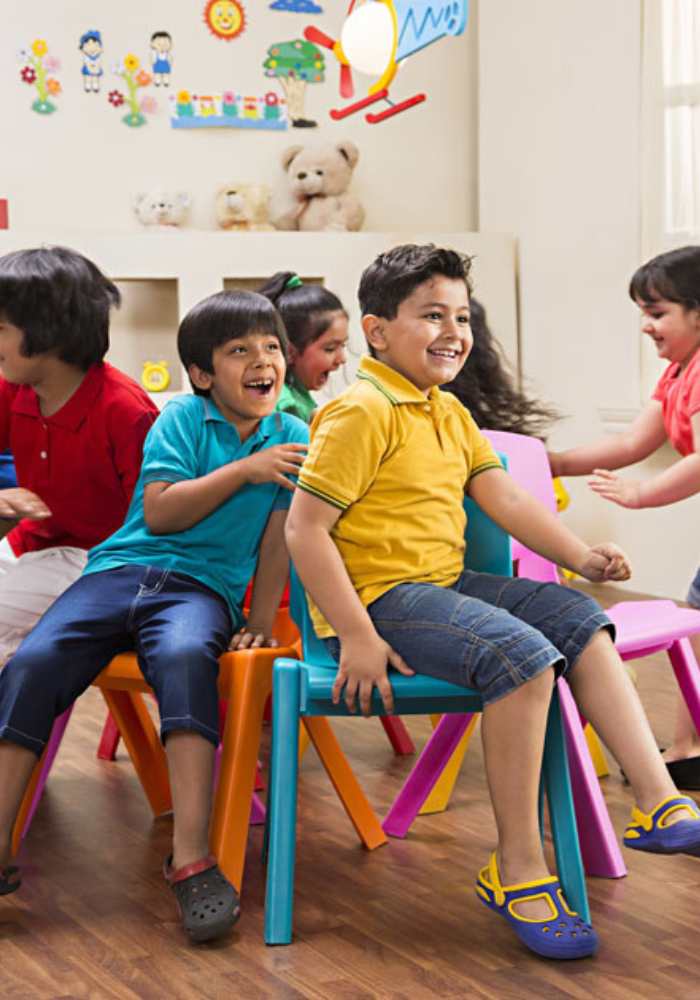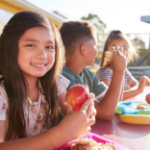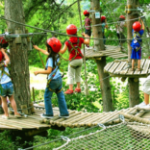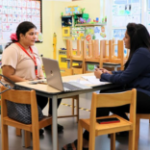
Social skills are an essential component of success in both personal and professional realms. In school settings, the development of these skills is often overlooked amidst academic priorities. However, fostering social competence is just as crucial for a child’s overall development. One of the most effective ways to cultivate these skills is through peer interaction and group activities. In this blog post, we’ll delve into why these experiences are vital for students and how educators can incorporate them into the school curriculum.
Understanding Social Skills:
Before we delve into the importance of peer interaction and group activities, let’s briefly understand what social skills entail. Social skills encompass a range of abilities that enable individuals to interact effectively with others. These skills include communication, empathy, cooperation, conflict resolution, and problem-solving. Developing these skills equips students with the tools they need to navigate various social situations and build meaningful relationships throughout their lives.
The Role of Peer Interaction:
Peer interaction plays a significant role in shaping a child’s social development. Interacting with peers allows children to learn from one another, practice social norms, and develop a sense of belonging within a group. Through these interactions, students learn valuable lessons in communication, cooperation, and empathy. Moreover, peer interactions provide opportunities for children to express themselves, share their ideas, and learn from differing perspectives.
Group Activities:
Group activities offer a structured way for students to engage with their peers while working towards a common goal. Whether it’s completing a group project, participating in team sports, or collaborating on a presentation, these activities encourage students to communicate effectively, delegate tasks, and resolve conflicts. Additionally, group activities promote teamwork, leadership skills, and mutual respect among peers. By participating in group activities, students learn the importance of collaboration and cooperation in achieving success.
The Benefits of Peer Interaction and Group Activities:
- Enhanced Communication Skills: Regular peer interaction and group activities provide students with ample opportunities to practice verbal and nonverbal communication. Whether it’s articulating their thoughts during a class discussion or negotiating with peers during a group project, students develop confidence in expressing themselves effectively.
- Improved Empathy and Understanding: Interacting with peers from diverse backgrounds fosters empathy and understanding among students. Through meaningful interactions, students learn to appreciate different perspectives, recognize the feelings of others, and respond with empathy and compassion.
- Development of Social Confidence: Engaging in peer interaction and group activities helps build students’ social confidence. As they navigate social situations and interact with their peers, students gain confidence in their social abilities, which translates into improved self-esteem and assertiveness.
- Conflict Resolution Skills: Conflict is inevitable in any social setting, but peer interaction and group activities provide opportunities for students to develop conflict resolution skills. By learning to navigate conflicts constructively and find mutually beneficial solutions, students acquire essential skills for managing interpersonal relationships.
- Promotion of Collaboration and Teamwork: Group activities require students to collaborate and work towards a common goal, fostering a sense of teamwork and camaraderie. Through these experiences, students learn the value of cooperation, delegation, and collective problem-solving.
Incorporating Peer Interaction and Group Activities in Schools:
- Collaborative Learning Experiences:
- Educators at Tiny Tots School facilitate collaborative learning experiences to promote peer interaction and teamwork among students.
- Group projects, cooperative learning tasks, and interactive classroom activities are carefully designed to encourage students to work together towards common goals.
- These collaborative learning experiences not only enhance academic understanding but also provide opportunities for effective communication, task delegation, and conflict resolution.
- Team-Building Exercises:
- At the beginning of each school year, students participate in a series of team-building exercises and icebreaker games.
- These activities help students develop trust, build rapport, and establish positive relationships with their peers.
- By creating a supportive and inclusive classroom environment, educators lay the foundation for meaningful peer interactions throughout the school year.
- Social Skills Workshops:
- Tiny Tots School offers regular social skills workshops where students learn essential skills such as active listening, conflict resolution, empathy, and effective communication.
- These workshops provide practical strategies and tools for navigating social interactions both inside and outside the classroom.
- By equipping students with vital social skills, Tiny Tots prepares them to navigate diverse social situations with confidence and empathy.
- Extracurricular Activities:
- Students are encouraged to participate in a wide range of extracurricular activities, including sports teams, clubs, and community service projects.
- These activities offer additional opportunities for peer interaction and collaboration outside of the traditional classroom setting.
- Students learn valuable lessons in teamwork, leadership, and cooperation through their participation in extracurricular activities.
- Peer Mentoring Programs:
- Tiny Tots School implements peer mentoring programs where older students mentor their younger peers.
- Peer mentors provide guidance, support, and encouragement in both academic and social endeavors.
- These programs foster a sense of responsibility and leadership among older students and create a supportive network of relationships within the school community.
Summary:
Peer interaction and group activities are essential components of social development in school settings. By providing opportunities for students to engage with their peers in meaningful ways, educators can help cultivate essential social skills such as communication, empathy, collaboration, and conflict resolution. By prioritizing social development alongside academic achievement, schools can prepare students for success both inside and outside the classroom, laying the foundation for lifelong social competence and meaningful relationships.




